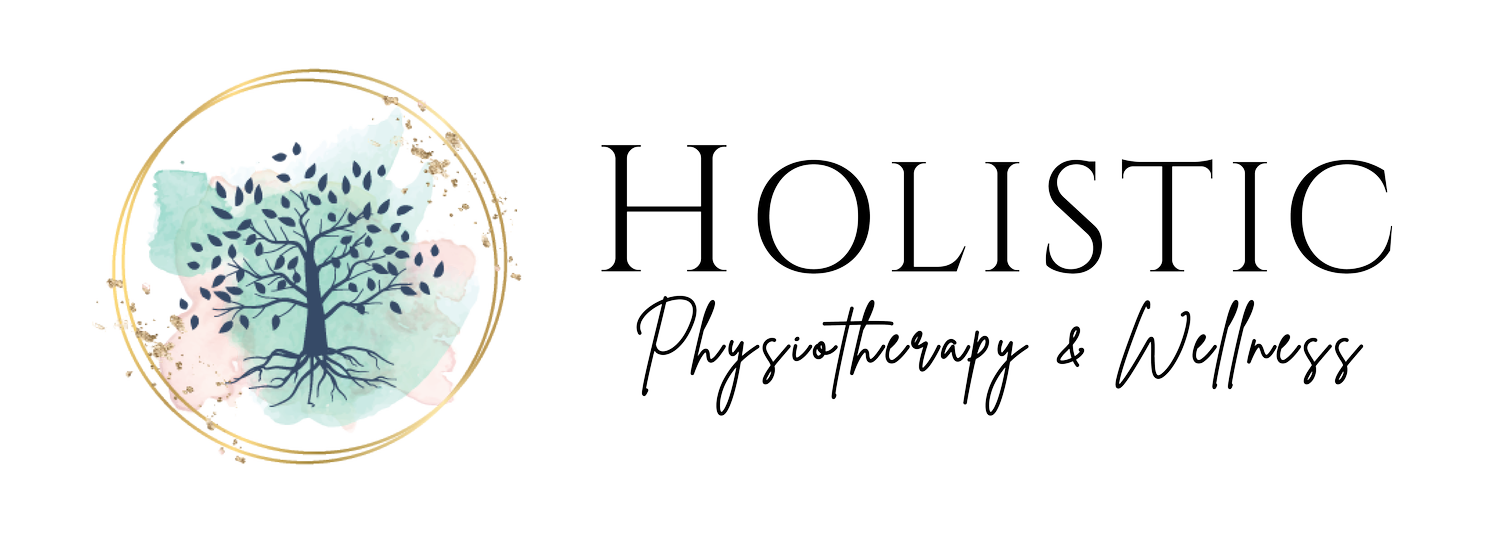General Clinic FAQs
Do I need a referral for physiotherapy in Saskatchewan?
No. You do not need a referral to see a physiotherapist in Saskatchewan. However, some insurance providers may require a referral for reimbursement, so it’s a good idea to check with your provider. Book Now
Do you direct bill to insurance companies, WCB, or SGI?
Yes. We offer direct billing to most major insurance providers. We also offer WCB and SGI billing for Physiotherapy, Chiropractic, and Massage Therapy for approved claims.
Which insurance providers do you direct bill to?
We direct bill to most major plans. Please contact our clinic for the most up-to-date list of providers.
What should I bring to my first appointment?
Please bring your health card, any referral or medical reports (if applicable), and wear comfortable clothing that allows the area being assessed to be easily accessed.
What is your cancellation policy?
We require 24 hours’ notice for appointment cancellations or changes to avoid a late cancellation fee. This helps us offer your spot to someone else in need.
Where are you located and is there parking?
We are located in downtown Saskatoon with easily available, accessible street parking right out front of our clinic at paid parking meters.
How do I book an appointment?
You can book online through our website or call our clinic. Same-day appointments may be available depending on practitioner schedules.
Do you offer same-day or urgent appointments?
Yes, based on availability. Please call us directly to check for openings.
Do you offer virtual or telehealth physiotherapy appointments?
Yes. Virtual appointments are available for certain physiotherapy services — please contact us to see if this is a good fit for your needs. Book Now
Can I combine physiotherapy with other services on the same day?
Yes. Many patients benefit from combining services such as physiotherapy and massage therapy on the same day for convenience and coordinated care.
Physiotherapy FAQs
How long are physiotherapy sessions?
Initial assessments are 60 minutes. Follow-up sessions are 30–60 minutes, depending on your treatment plan.
What should I wear to my appointment?
Wear loose, comfortable clothing that allows your physiotherapist to assess and treat the area of concern.
Do you treat children?
Yes, our team includes physiotherapists experienced in pediatric care for children and youth recovering from an injury and sport-specific conditioning.
How many physiotherapy sessions will I need?
It varies depending on your condition, goals, and progress. Your physiotherapist will discuss your plan after your initial assessment, and come up with a personalized treatment plan.
Do you offer home exercise programs?
Yes. We provide tailored exercise plans to support your recovery between sessions.
Do you work with athletes?
Yes. We treat athletes of all ages and levels, from recreational to competitive, for injury recovery and performance optimization.
Do you treat post-surgical patients?
Yes. We work with patients recovering from orthopedic and other surgeries to restore mobility, strength, and function.
Do you offer care for older adults?
Yes. We provide physiotherapy for age-related mobility concerns, falls prevention, and general functional health.
Pelvic Health Physiotherapy FAQs
What does pelvic health physiotherapy involve?
Pelvic health physiotherapy involves assessment and treatment for the muscles, joints, and connective tissues of the pelvic region. This can include internal and external techniques, education, and exercises tailored to your needs.
Is pelvic health physiotherapy only for women?
Pelvic health physiotherapy is available for all genders and ages. Our pelvic floor physiotherapist focuses predominately on women’s health, which includes urinary and/or bowel concerns, pelvic pain, hormonal imbalances, prenatal support, labor and delivery prep, postpartum rehabilitation, and perimenopause.
Vestibular Physiotherapy FAQs
How can vestibular physiotherapy help with dizziness?
Vestibular physiotherapy addresses inner ear and balance system concerns through specific exercises and techniques to reduce dizziness and improve stability.
Do you treat BPPV?
Yes. We perform canal repositioning maneuvers and provide home exercises to help resolve symptoms of benign paroxysmal positional vertigo (BPPV). Book Now
Lifestyle Medicine & PhysioYoga FAQs
What is Lifestyle Medicine & PhysioYoga?
Lifestyle Medicine & PhysioYoga combines physiotherapy with yoga, mindful movement, and healthy lifestyle practices like nutrition, stress management, and sleep optimization.
Do I need yoga experience to do PhysioYoga?
No. Sessions are tailored to all experience levels, and movements are modified to suit your needs. Book Now
Dry Needling FAQs
What is dry needling?
Dry needling involves using a thin, sterile needle to release muscle tension, improve mobility, and reduce pain. It targets trigger points and areas of muscle tightness. It can also be referred to as trigger point dry needling (TPDN).
Is dry needling the same as acupuncture?
No. While both use thin needles, dry needling is based on Western medicine principles and targets muscle trigger points, not acupuncture meridians.
Chiropractic Care FAQs
Is chiropractic care safe during pregnancy?
Yes. Our chiropractors use gentle, pregnancy-safe techniques to support comfort, posture, and mobility during pregnancy.
What conditions can chiropractic care help with?
Chiropractic care may help with back and neck discomfort, headaches, posture issues, muscle tension, and mobility restrictions. Book Now
Is chiropractic care safe for pediatrics and children?
Yes. Pediatric chiropractic care uses very gentle, specific techniques—no cracking or forceful movements. Chiropractors trained in pediatrics adapt their methods for your child’s age, size, and unique needs.
Massage Therapy FAQs
Do you offer prenatal massage?
Yes. Prenatal massage is performed by trained massage therapists and is adapted to each stage of pregnancy for comfort and safety. Book Now
How often should I get a massage?
Frequency depends on your goals. Some people benefit from weekly sessions for acute issues, while others choose monthly maintenance for general wellness.
What are the benefits of myofascial cupping?
Myofascial cupping uses gentle suction to release tight fascia, ease muscle tension, and boost circulation. This therapy can help reduce pain, improve flexibility, support injury recovery, and even promote deep relaxation. It’s a great option for those dealing with stiffness, scar tissue, or chronic discomfort.
